The Frisian Islands (or Wadden Islands) off the coast of the Netherlands, Germany and Denmark form the planet’s largest unbroken system of intertidal sand and mudflats. The 300-mile archipelago in the North Sea is notable not only for its scale, but for its continuous eastward drift due to sand erosion. On a geological scale, the islands move at a sprinter’s pace, having forced many a human settlement into the sea over the centuries. In this short documentary, the Dutch filmmaker Paul Klaver chronicles the circle of life within the islands’ rich ecosystem, capturing their flora, fauna and perpetual drift via a combination of observational and time-lapse filmmaking. For more of Klaver’s dazzling nature filmmaking, watch Alaska: The Nutrient Cycle and Winter.
The perpetual motion of life and sand on the ‘walking islands’ of the North Sea
Director: Paul Klaver
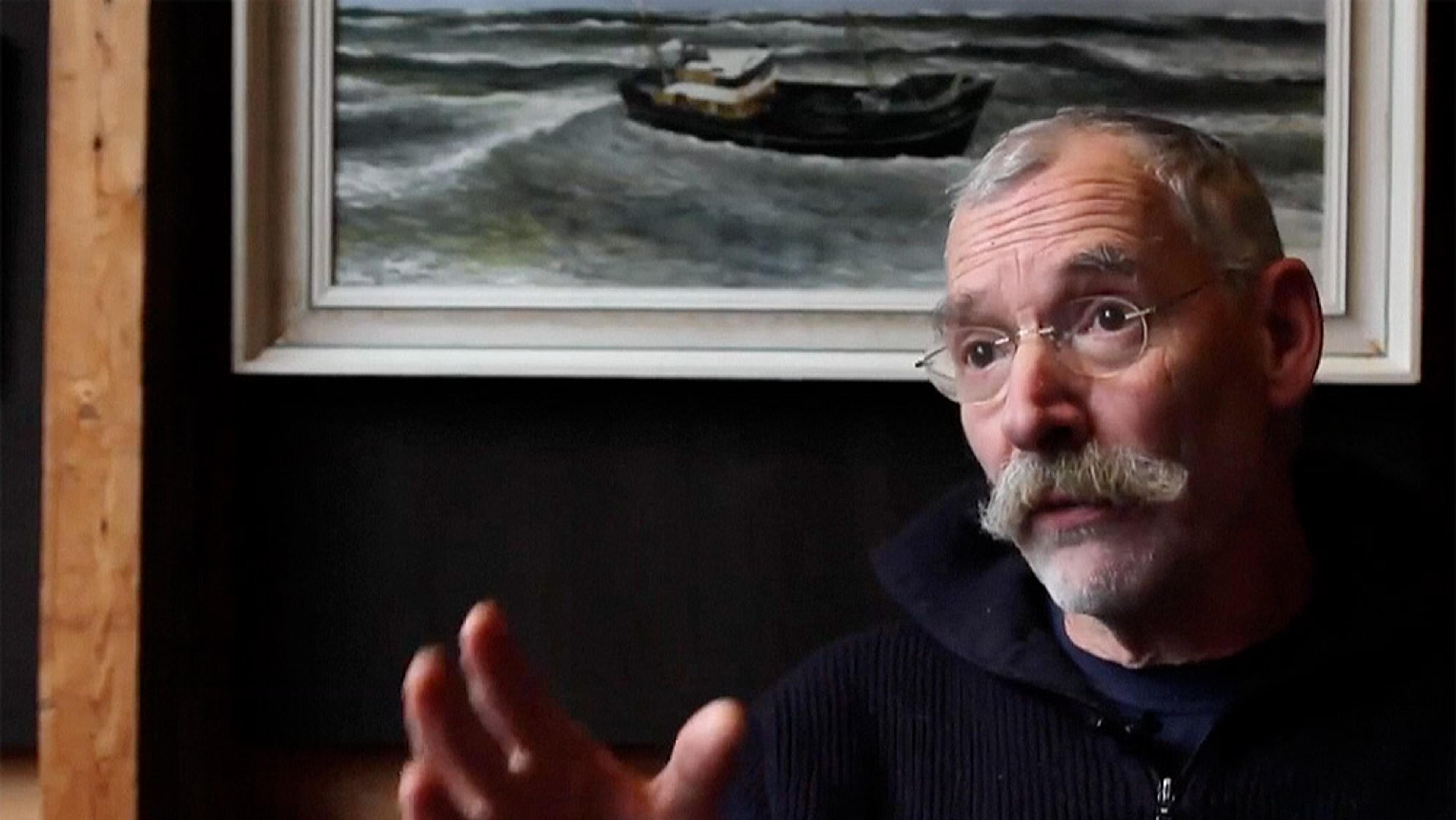
videoThe environment
Where others see trash, the beachcombers of remote Texel island find treasure
14 minutes
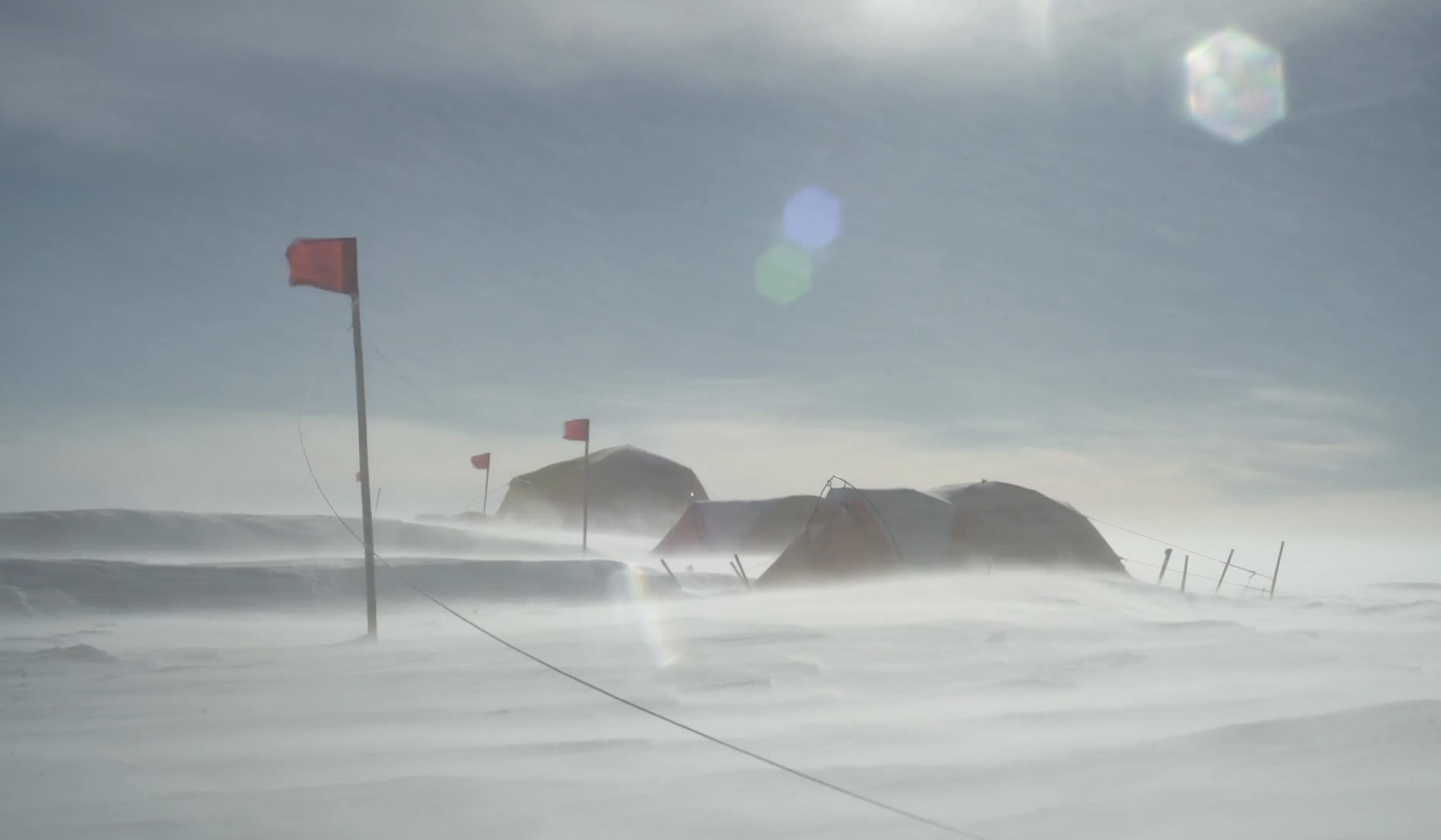
videoEarth science and climate
‘Ice has a memory’ – an Inuit poem contemplates scientific exploration of Greenland
28 minutes
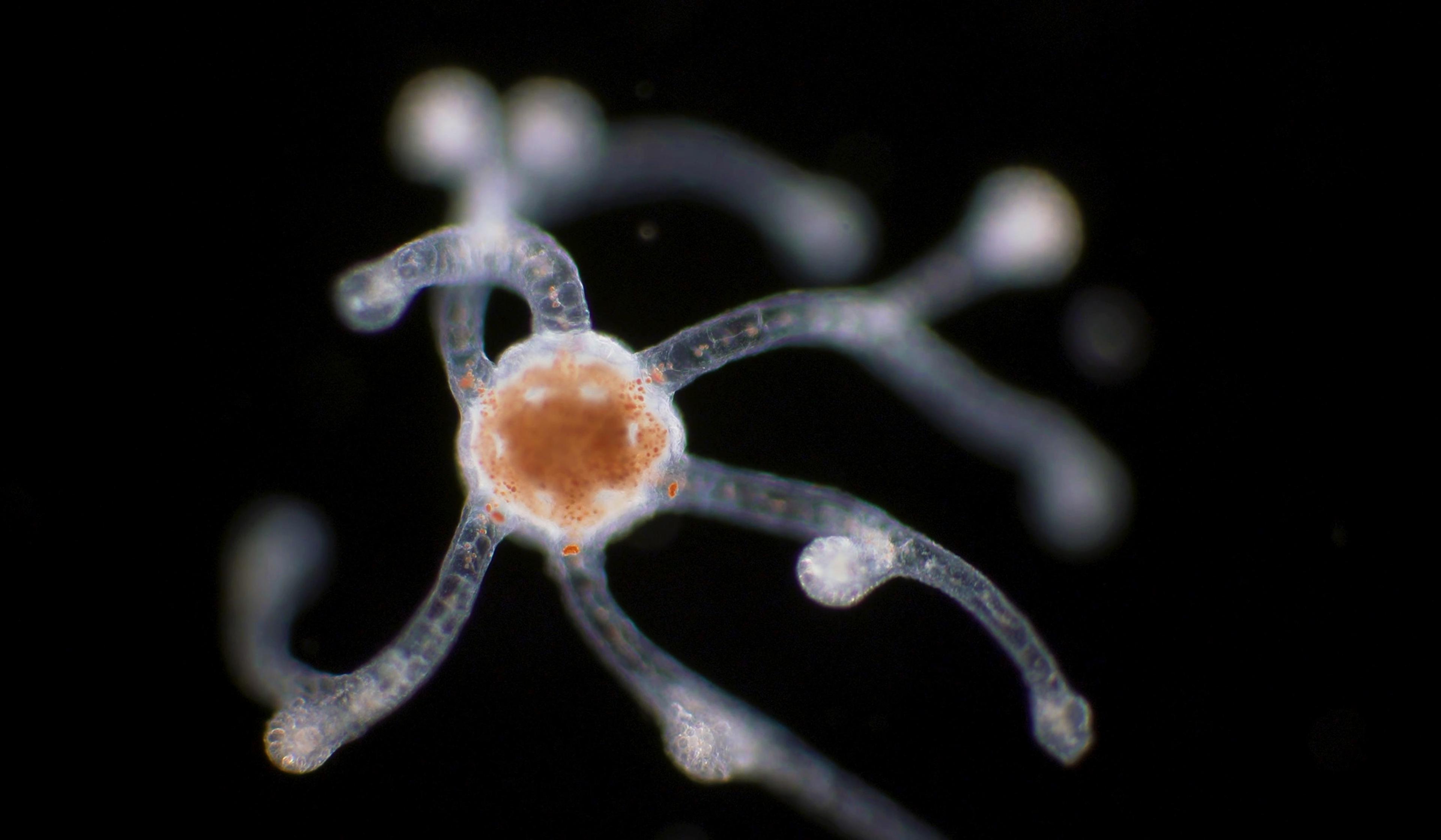
videoBiology
Peering into the eerie world of plankton reveals a variety of vital creatures
3 minutes
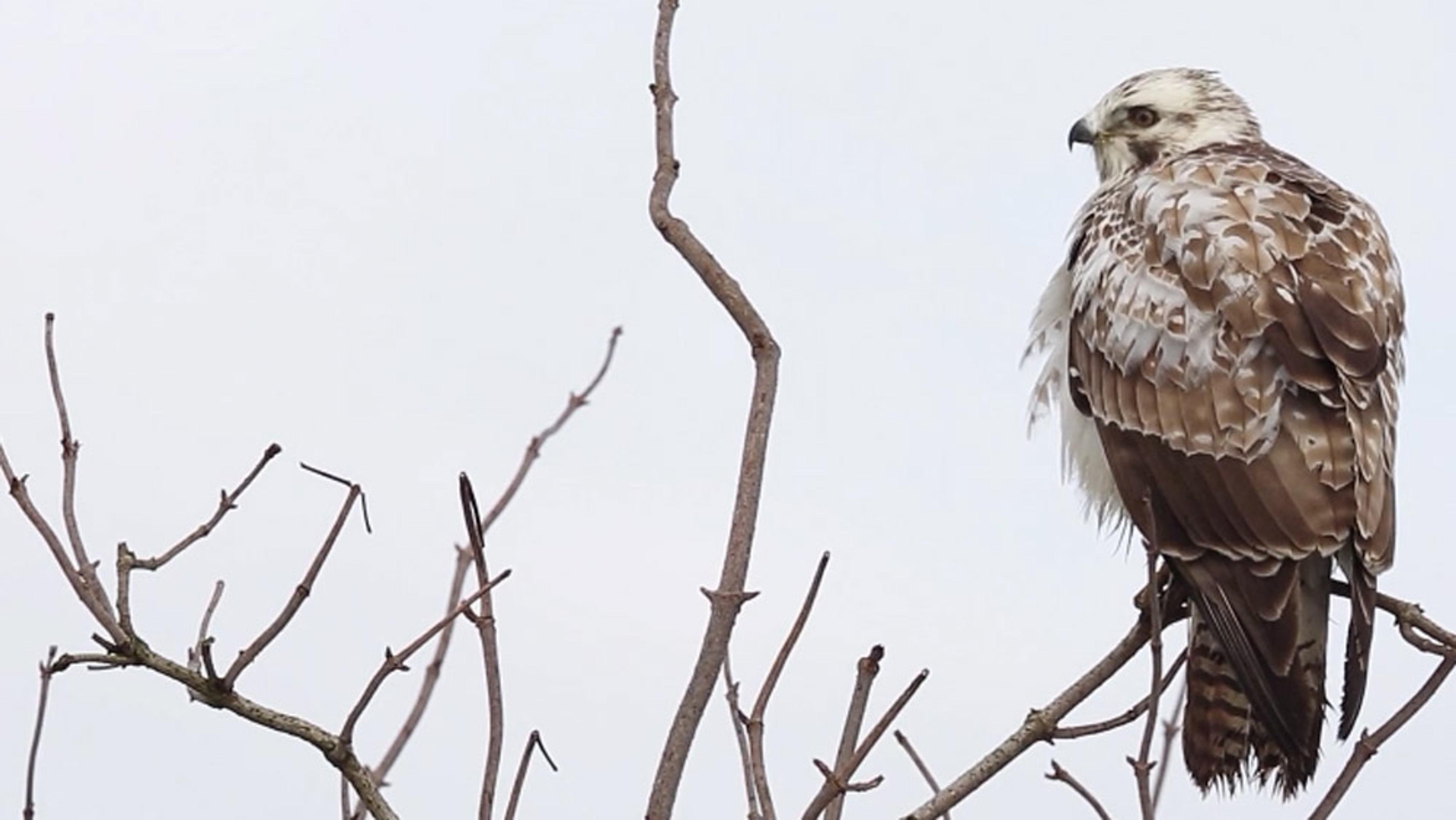
videoEcology and environmental sciences
Is rewilding the future of nature?
7 minutes
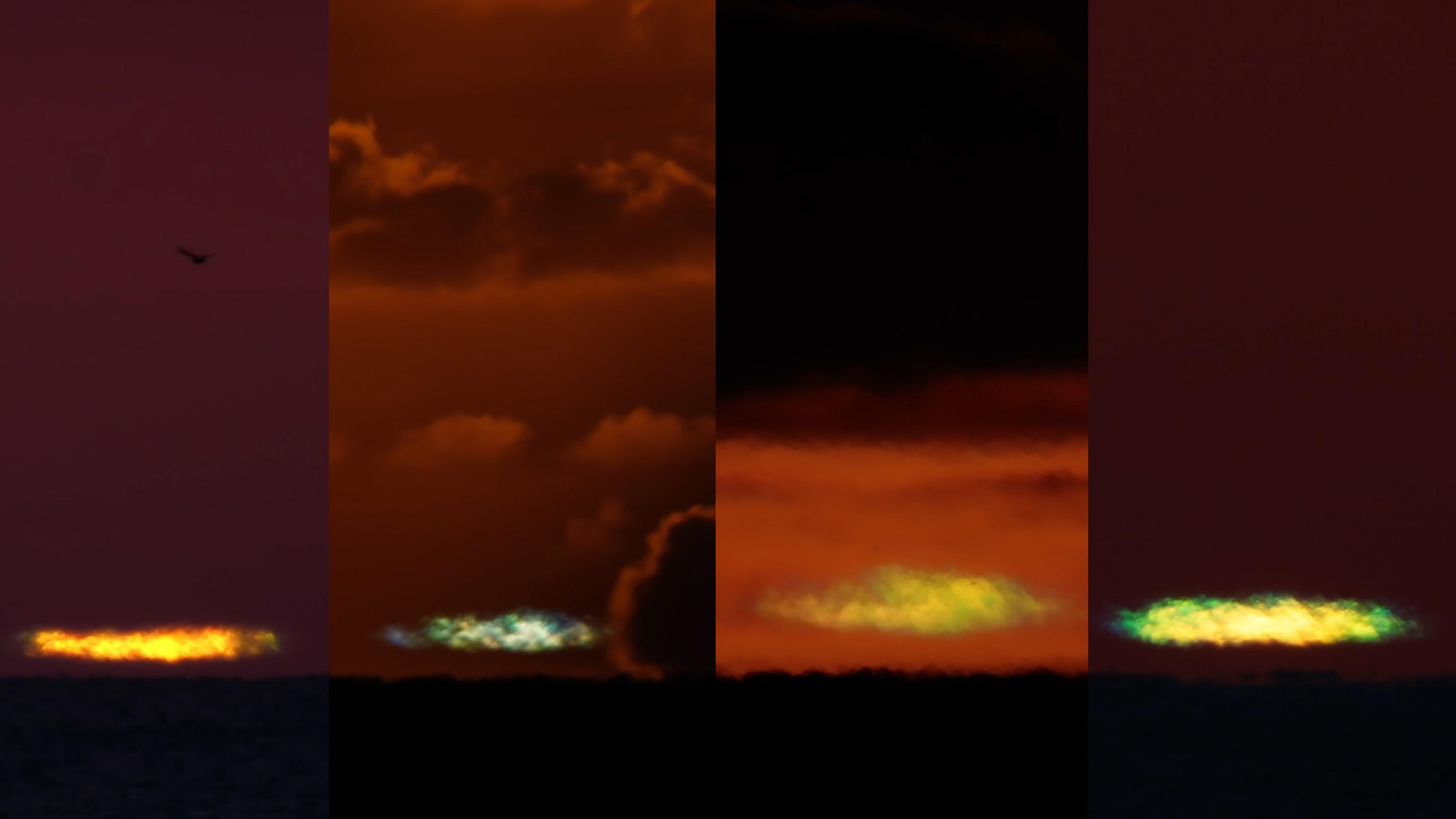
videoPhysics
Why does the Sun occasionally flash green as it eclipses the horizon?
7 minutes
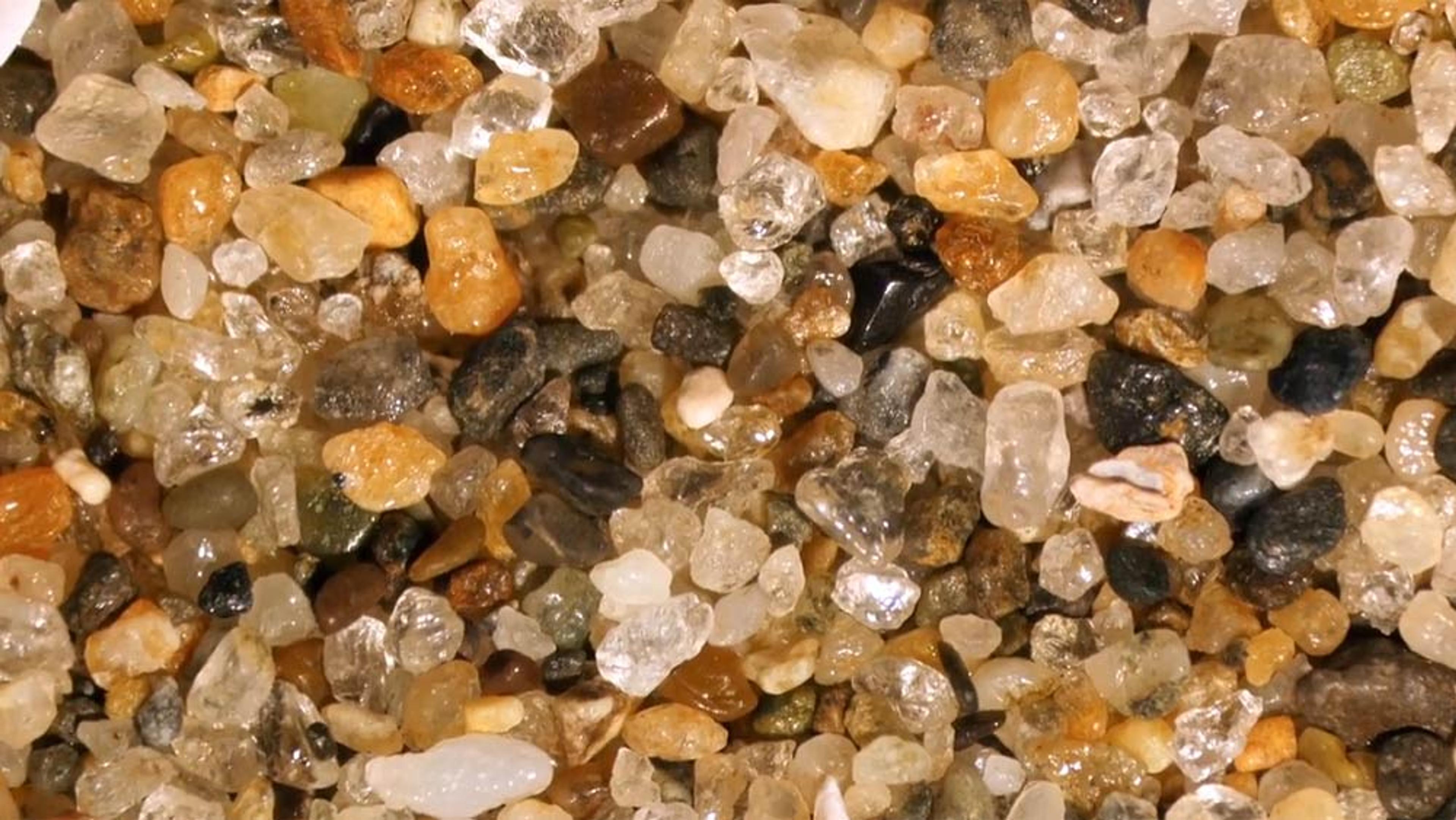
videoEarth science and climate
Sand can be lava, coral, bones, even excrement. What’s on your favorite beach?
3 minutes
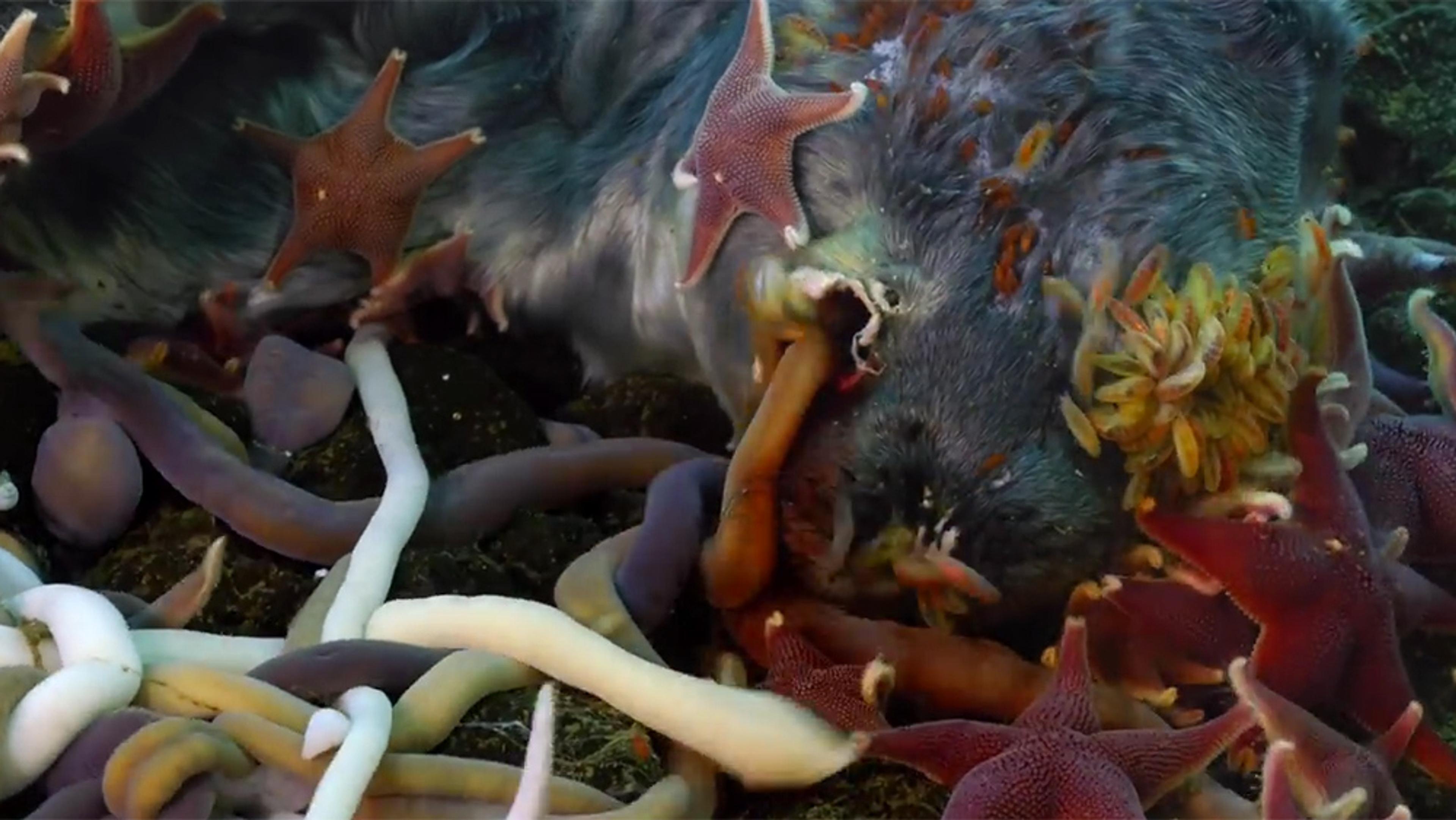
videoBiology
Join massive, ancient carnivores for a rare feast beneath the Antarctic ice
3 minutes

videoEarth science and climate
How an Earth science outsider finally put the Pangea puzzle together
8 minutes

videoProgress and modernity
From Michigan to Singapore, a meditation on dreams built on sand
17 minutes